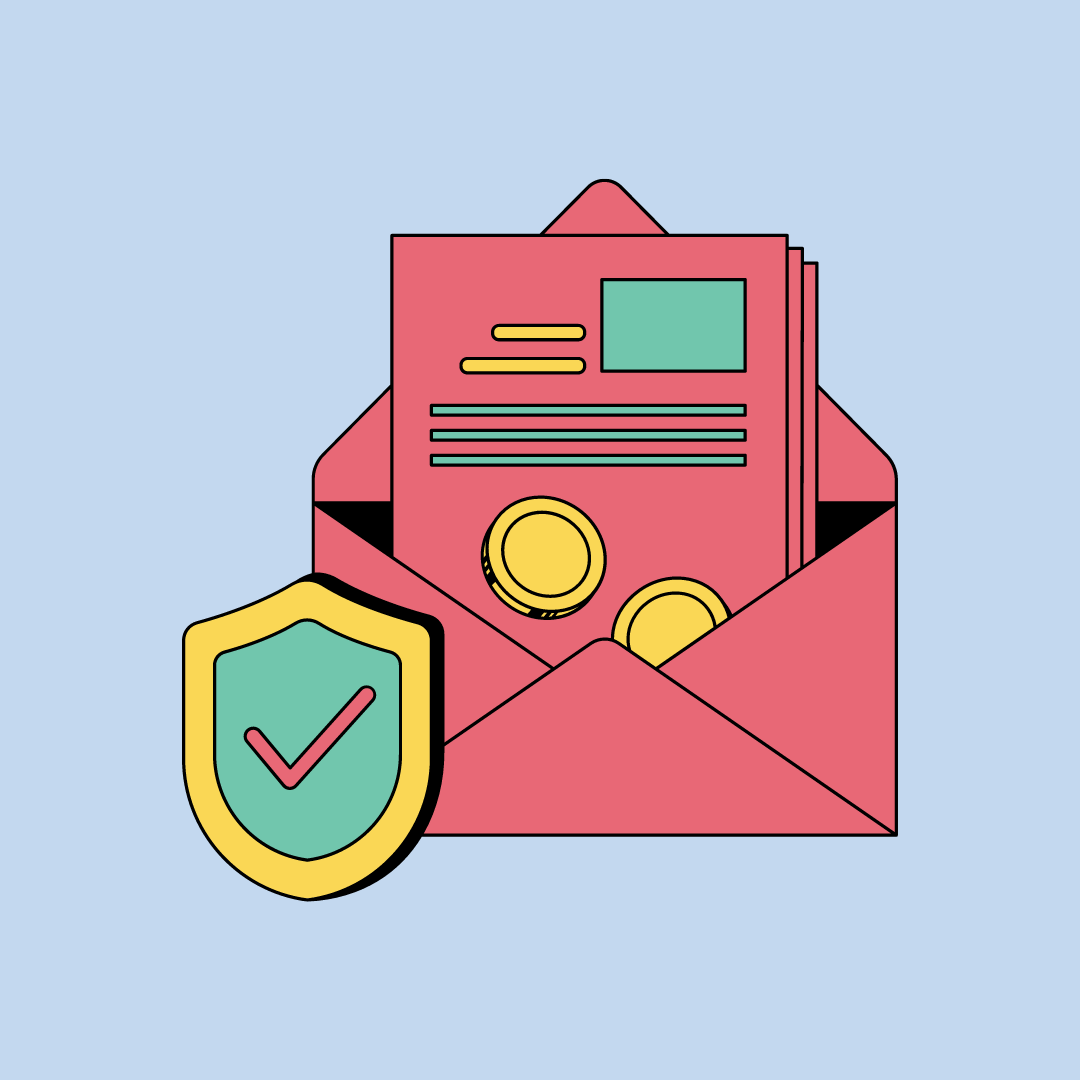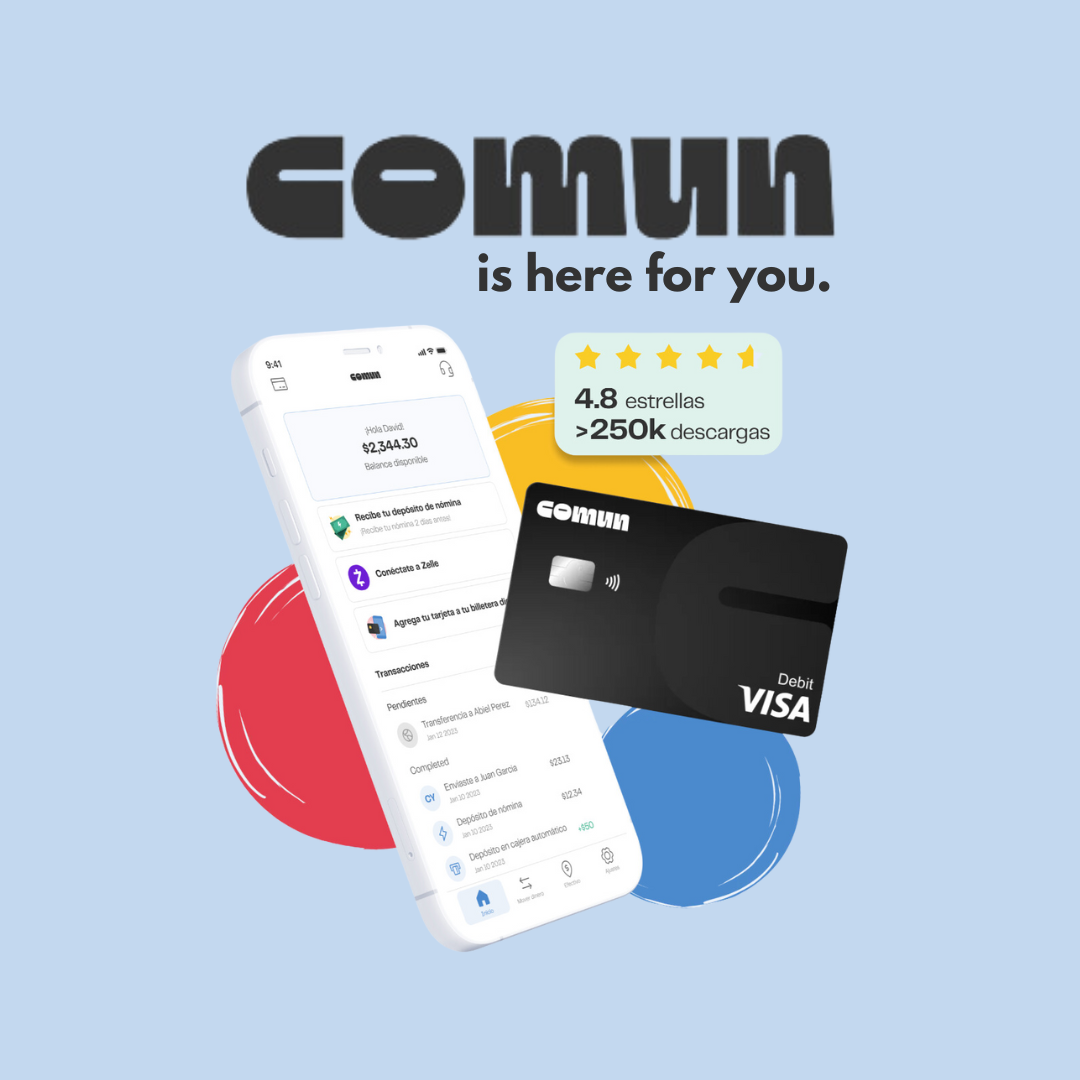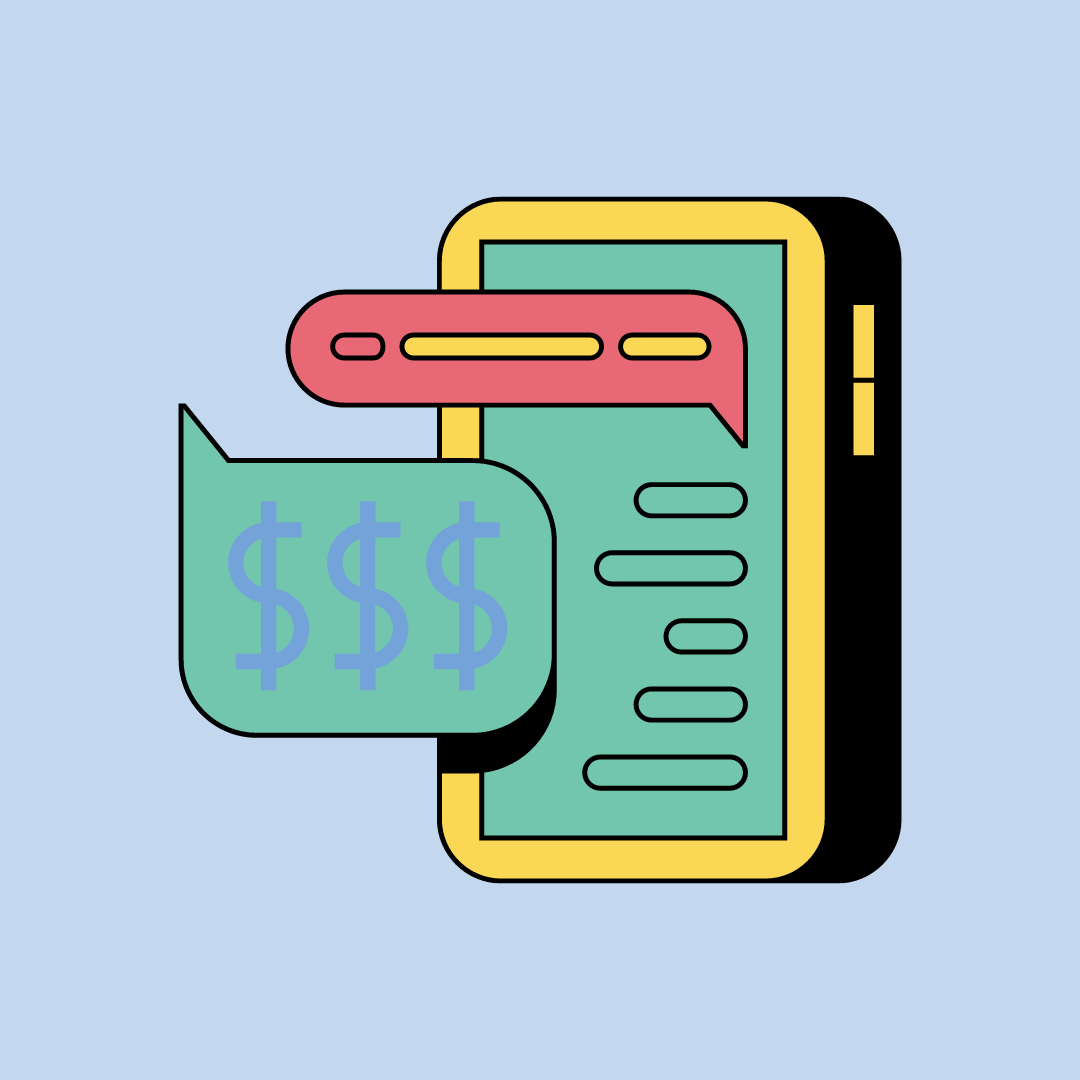
The convenience of managing your financial transactions online through digital banking has become increasingly popular. However, with the rise of digital banking comes the need for increased security to protect personal and financial information. Here's how you can safeguard your bank account information while enjoying the benefits of online and mobile banking. Aspiring to have the most secure online banking is essential, as it involves implementing industry-standard security technology, multi-factor authentication, alert notifications and encouraging people to take proactive security measures.
Understanding Online Banking
Online banking, provided by most traditional banks, credit unions and online-only banks, allows customers to pay bills, transfer funds and manage their financial accounts over the Internet. Whether you deal with a large bank or a local credit union, these institutions offer secure online banking services that are tailored to the needs of their customers. This can be accessed through a bank's website or a mobile banking app, offering the convenience of banking online anytime, anywhere. As banking has evolved, security measures to protect online banking account information must also advance.
Common Online Banking Threats
Online banking security is paramount as various threats could compromise your bank accounts. Common online threats include:
- Phishing Scams: Identity thieves send fraudulent communications, often by email, to gain access to your online banking information.
- Malware: Malicious software designed to infiltrate your device and steal data related to your financial accounts.
- Identity Theft: Criminals can use personal information to open new accounts or log into existing ones.
- Data Breach: A significant risk where sensitive information is accessed without authorization, potentially affecting numerous accounts.
Understanding these risks is crucial to maintaining online banking security. Banks and credit unions often update their security features to protect against such threats, making it important for users to follow recommended security measures. Keeping online banking secure is a collective effort that involves secure banking technology, vigilant fraud monitoring, and informed users who are aware of risks such as phishing scams and hacker attacks.
Regain Control and Your Peace of Mind with Comun's Security Measures
- Login Easily and Securely: Use Face ID or Touch ID to quickly access your Comun account.
- Receive Instant Notifications: Stay on top of your purchases with immediate alerts from Comun.
- Manage Your Card with Ease: Freeze and thaw your Community Card whenever you need to.
Open your checking account¹ in 3minutes with any valid ID from your home country²
Your Money is in Good Hands with Comun
- FDIC Insured: The funds in your Comun account are insured up to $250,000 by Piermont Bank, Member FDIC, or Community Federal Savings Bank, Member FDIC.
- VISA Protections: Your Community Card is protected with VISA's guarantee against unauthorized charges.
Monitoring and Protecting Your Accounts
Regular monitoring of your account balances and transactions is vital. Set up banking alerts through your financial institution to notify you of any unauthorized transactions. When banking online, especially on public Wi-Fi networks, it is advisable to use a Virtual Private Network (VPN) to secure the connection and protect your data from being intercepted. Also, make sure that all devices used for online banking have secure software and are regularly updated.
Most banks, including credit unions and traditional banks, employ robust banking security measures to protect online and mobile banking transactions. However, the responsibility also falls on the customer to use trusted mobile banking apps, available from sources such as Google Play or the App Store, emphasize the importance of security in app selection, and contact the bank immediately if suspicious activity is detected. The Federal Deposit Insurance Corporation (FDIC) plays a crucial role in enhancing the safety and security of online banking by insuring money in online banks and protecting the security of customer data, thereby safeguarding customer funds and privacy.
The Importance of Strong Passwords
Online banking security starts with strong and unique passwords. Creating strong passwords involves using a combination of at least 12 characters, including uppercase letters, lowercase letters, numbers and symbols. Avoid using the same password on multiple online accounts and update your passwords regularly to protect your bank account information. A password manager can help generate and store these passwords securely. It is crucial to apply this practice to all accounts, especially your savings account, to protect it from unauthorized access and potential threats from hackers.
The Role of Encryption in Safer Online Banking
ncryption serves as a critical layer of security to protect your account information while banking online. When you access your bank account through a bank's website or mobile banking app, your personal and financial information is encrypted. This encryption makes it difficult for hackers to intercept and decrypt data during transmission between your device and your bank's servers, thus maintaining online banking security.
Technologies such as SSL (Secure Socket Layer) and HTTPS (Hyper Text Transfer Protocol Secure) are essential to ensure a secure connection when banking online. These security measures are employed by most banks and credit unions to protect financial transactions. To verify a secure connection, users can look for the padlock symbol in the address bar of their browser on banking websites, confirming the presence of HTTPS, indicating that web communication is protected by encryption.

Educate Yourself on the Latest Security Trends
Staying informed about the latest security features and trends is crucial for anyone using online and mobile banking platforms. Traditional banks, online banks and credit unions continually update their security protocols to counter emerging threats and ensure safe online banking. By regularly reading updates from your financial institution and taking advantage of resources such as bank alerts and advice from bank representatives, you can improve your ability to protect your bank accounts from unauthorized transactions and identity theft.
In addition, using a Virtual Private Network (VPN) can add an extra layer of security when accessing your financial information over public Wi-Fi networks. A VPN creates a secure, private connection over a less secure network, such as public Wi-Fi, ensuring that your online banking activities are protected from prying eyes.
Enrolling in two-factor authentication (2FA) or multi-factor authentication (MFA) is another strong security measure recommended by most banks. This approach requires more than one form of verification to access your online bank account, significantly reducing the risk of unauthorized access.
By understanding the importance of these security practices and taking steps such as using strong, unique passwords, updating them regularly through a password manager and monitoring your account balances, you can safeguard your financial life and enjoy the benefits of digital banking with confidence. Whether you need to transfer money, pay bills or simply check your savings or money market accounts, being proactive about online security can protect you from potential cyber threats and enhance your overall online banking experience.
Protect Your Account
In conclusion, the growing popularity of online and mobile banking requires robust security practices to protect sensitive personal and financial information. By understanding the various threats such as phishing, malware and data breaches, and employing robust security measures such as strong, unique passwords, encryption and multi-factor authentication, individuals can significantly improve their online banking security.
It is also crucial for users to stay informed about the latest security trends and updates provided by their financial institutions. Taking proactive measures, such as using VPNs on public networks and regularly monitoring account activities, helps ensure a secure and efficient digital banking experience. By adopting these practices, users can protect their financial transactions and personal details, maintaining peace of mind while enjoying the convenience of modern banking technology.











.svg)